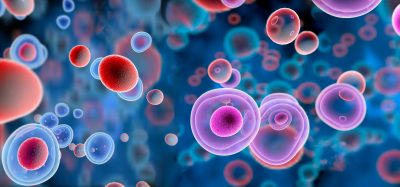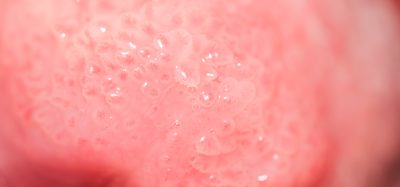Scientists uncover how sunlight on skin reduces eczema inflammation
Posted: 22 June 2017 | Niamh Marriott (Drug Target Review) | No comments yet
A new study has identified how exposure to sunlight alleviates symptoms of eczema by triggering the release of a compound in the skin that dampens inflammation.


The MRC researchers say their findings pave the way for new therapies that mimic the effects of the sun’s rays without its damaging side effects.
People with severe eczema are often prescribed UV light therapy, using tanning lamps, which can improve the itchy skin lesions associated with the condition.
However, the UV can have damaging side effects on their skin, including burning, ageing and raising their skin cancer risk.
New study
The study, published in the Journal of Allergy and Clinical Immunology, found that exposing a small patch of skin on healthy volunteers to UV light triggered nitric oxide to be released into the blood stream.
Further lab studies found that the chemical activated specialised immune cells, called regulatory T cells, which act to dampen the ongoing inflammatory immune response.
In patients with eczema, the proportion of these regulatory T cells in their blood following light therapy directly correlated with disease improvement.
Therapeutic leads
Researchers say their findings could lead to new therapies for eczema, which affects around one in five children and one in 20 adults in the UK.
Lead researcher Dr Anne Astier, from the MRC Centre for Inflammation Research at the University of Edinburgh, said:
“Our findings suggest that nitric oxide has powerful anti-inflammatory properties and could offer an alternative drug target for people with eczema. Activating regulatory T cells using this pathway may also provide a target for developing treatments for other conditions with overactive immune responses, including autoimmune diseases and rejection of transplants.”
Professor Richard Weller, a co-senior author on the study from the University of Edinburgh Medical School, said:
“It is clear that the health benefits of sunlight stretch far beyond vitamin D and we are starting to fill in these blank spaces.”
Related topics
Stem Cells, T cells
Related conditions
Eczema
Related organisations
Edinburgh University, Medical Research Council (MRC)
Related people
Dr Anne Astier, Professor Richard Weller







